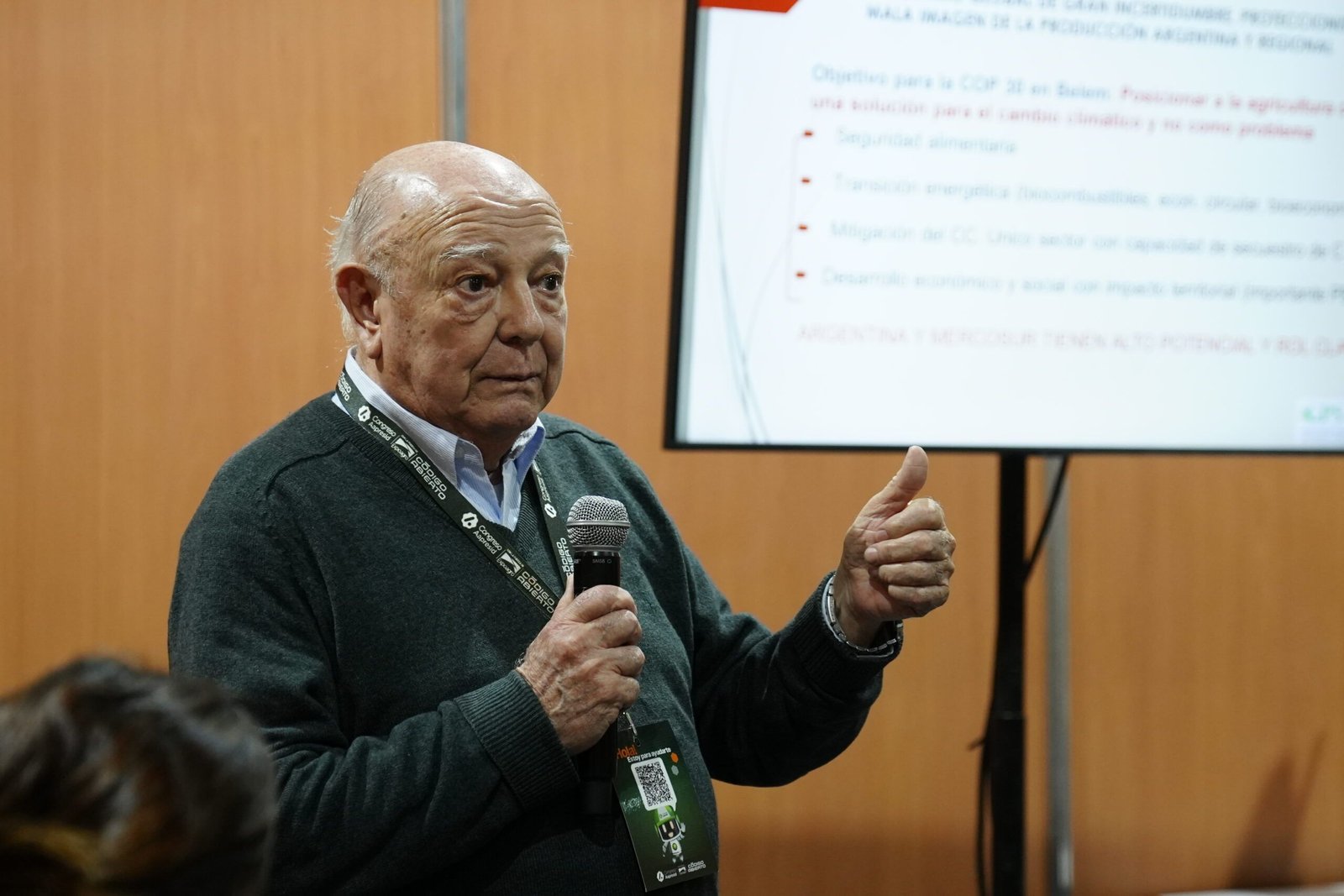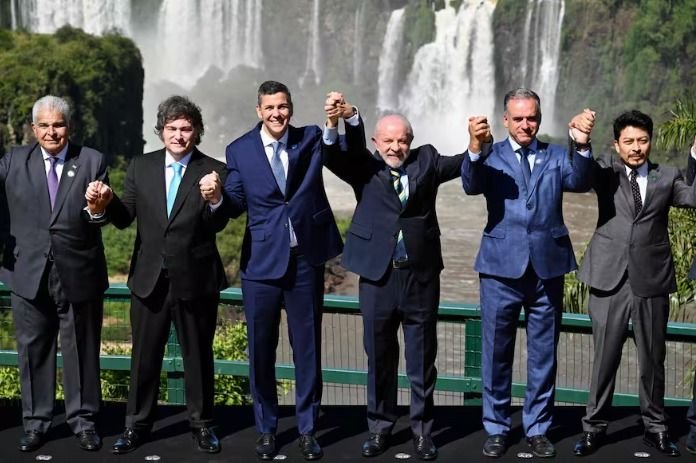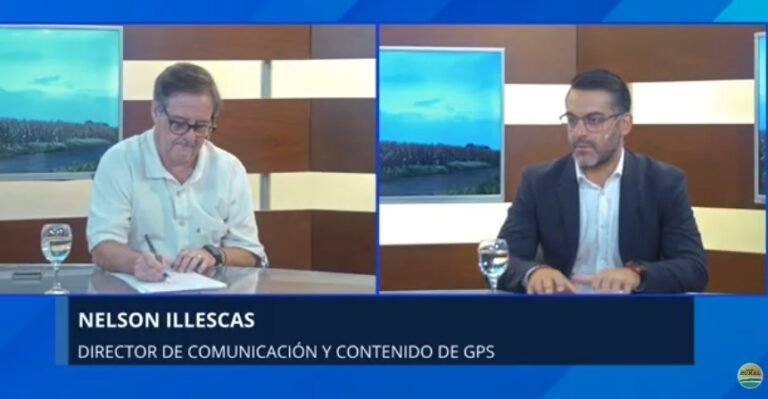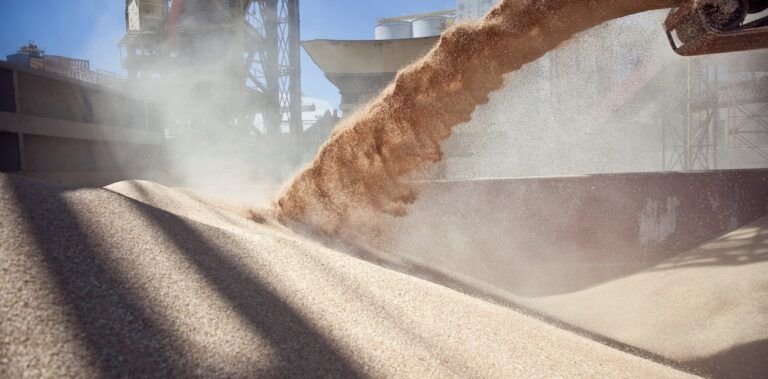Within the framework of the 33rd Aapresid Congress, international leaders reflected on the challenges facing agriculture and how to address them in the run-up to the upcoming United Nations climate summit from a strategic and collaborative perspective. They also raised the need to build a new narrative that positions production at global levels.
On the first day of the 33rd Aapresid Congress, with the support of Expoagro, representatives from agriculture, industry, science, and public administration participated in a workshop to define the region's strategic positioning for the upcoming United Nations Climate Change Conference (COP30), to be held in Brazil.
Marcelo Regúnaga, general coordinator of the Southern Group of Producer Countries (SGP), emphasized the need for a proactive stance because "agriculture is part of the solution: it captures carbon, sustains development, and provides food security." He added: "It's an opportunity we cannot pass up."
For his part, Daniel Trento do Nascimento, of the Brazilian Agricultural Research Company (EMBRAPA), highlighted the challenge facing agriculture in the face of climate change, citing as an example of success that "Brazil achieved a revolution in 30 years based on science, innovation, and credit; Argentina can follow suit."
Desde el Instituto Aaprender, Marcelo Arriola llamó a asumir un rol activo en la construcción del discurso: “Sudamérica puede abastecer al mundo con alimentos de manera sustentable, pero si nos acusan de contaminar, no podemos quedarnos callados”.
Agriculture, science, and politics debated Latin America's place in future agri-food systems.

En otro de los paneles desarrollados en el auditorio Spraytec, del predio ferial de La Rural de Palermo, referentes internacionales del agro, la ciencia y la política debatieron el lugar que debe ocupar América Latina en los sistemas agroalimentarios del futuro. La clave: una narrativa común basada en evidencia científica, diplomacia y mirada estratégica.
Manuel Otero, Director General of the Inter-American Institute for Cooperation on Agriculture (IICA), raised the need to consolidate a message from the Americas: "We are the guarantor of biodiversity and the sustainability of the planet; we must communicate this forcefully at the international level." He also emphasized the importance of linking science, technology, and producers through active policies and public-private partnerships.
Jack Bobo, director of the Rothman Institute for Food Studies at the University of California, warned: "The next 25 years are the most important in history for agriculture; we must produce more and better without depleting resources." He noted that by 2050, the world's population will begin to stabilize, opening a critical window to ensure food security without compromising sustainability.
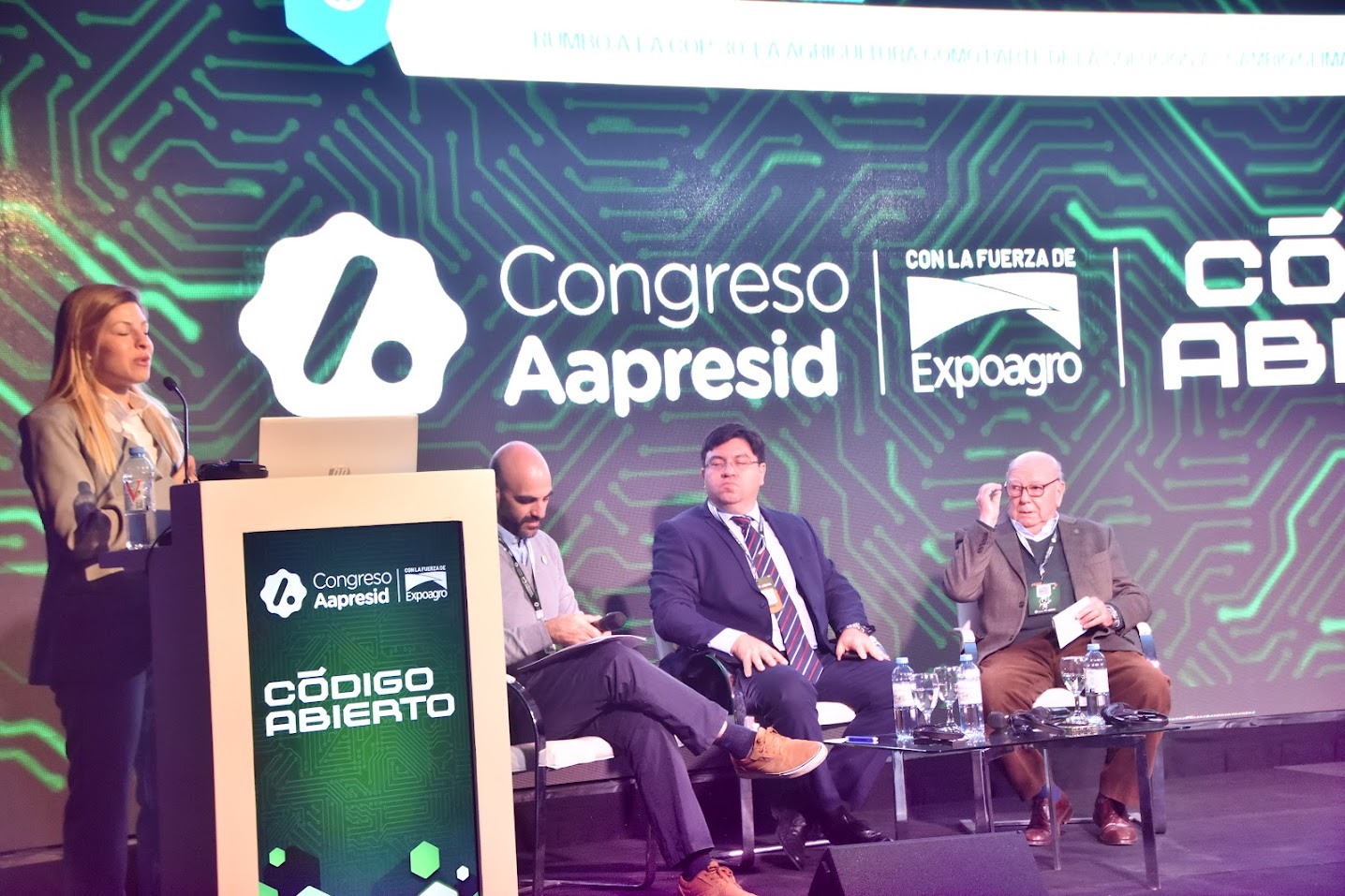
Kip Tom, former U.S. ambassador to the FAO and current vice president for rural policy at the American First Policy Institute, emphasized: “Food security is national security; nations that don't develop their agriculture are destined to fall into crisis.”
Walter Baethgen, a researcher at Columbia University, asserted that Latin America is the world's largest agricultural exporter and projects 25% growth over the next decade. However, he cautioned: "We must use our resources sustainably; the current narrative was written by others; it's time we define our agenda with diplomacy and scientific evidence."
For Baethgen, the contrast is clear: “74% of greenhouse gases come from burning fossil fuels, while agriculture generates 11.6%, and yet we're still the ones targeted.”
READ THE ARTICLE FROM El Regional Digital
